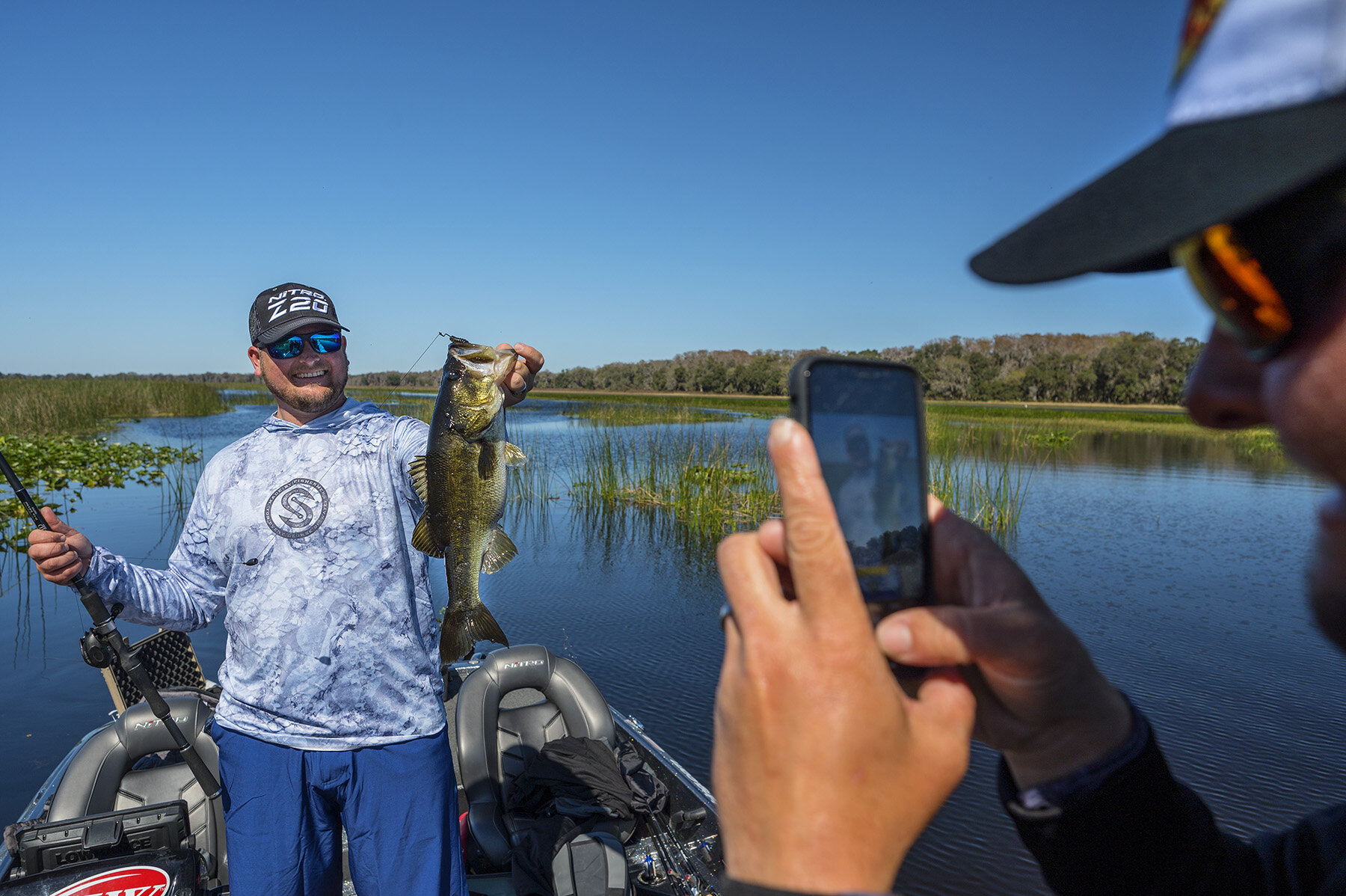Sonar's Top-3 Trailering Tips
/Stay In Touch
I will openly admit, I consider myself a bit obsessive compulsive when it comes to my equipment, and in recent years my boat trailer has received the most attention when it comes to my obsessive tendencies. My intense attention to detail with my trailer comes from a major mishap on the road many years back that left my boat and trailer stranded at a truck repair lot in the middle of nowhere for over a month, all due to an issue I could have easily prevented by paying attention to my equipment regularly.
Since that experience, beyond making sure my lug nuts are tightened and tire pressure is to spec, the biggest thing that I pay attention to when towing a trailer is the condition of the bearings and hubs. Moisture and heat are the two major killers of bearings, and usually both are present in the event of a bearing failure. That being said, I highly suggest that every time you stop for gas, you take a moment to walk around and touch each hub to feel for excessive heat. Warm hubs are normal, and a little more heat will be present on axles that are equipped with brakes, but if the heat is such that you cannot hold the hub for more than a couple seconds, you need to get your bearings checked. Excessive heat can also be due to faulty brakes that remain engaged, which is another issue that needs immediate attention. I also inspect the hub for any possible damage that could let water into the hub- which usually is easily recognizable by seeing grease spatter on your wheels originating from your hub. If grease can escape, water can get in!
The Right Height
While trailering your boat, or any kind of trailer, one of the most essential- and often overlooked- factors that can ensure a safe towing experience, is the height of the trailer ball in relation to the height of your trailer and truck.
As a general rule, when your trailer is hooked up to your vehicle, the trailer hitch and chassis should be parallel with the ground rather than having the trailer hitch sloping towards the ground or angled up. Having a trailer with the hitch angled too high will result in a less stable towing situation, as well as increase the risk of bottoming out the rear of the trailer (or your engine) while entering and exiting parking lots with inclines. When it comes to trailer hitches that are too low, you again reduce the stability of your trailer while in tow, and also increase the risk of bottoming out your hitch or trailer entering and exiting areas with inclines.
I recommend getting a quality adjustable hitch that you can adjust the height of the ball, because when I go from my bass boat trailer to a box trailer that is a bit lower to the ground, I want to be able to adjust on the fly. For this reason, I choose the B&W Tow and Stow adjustable trailer hitch because I can adjust the height of my hitch quickly and easily to get the perfect height out of any trailer. Another great feature of this hitch is that you can not only change the height but also choose between either two or three ball sizes on the fly, so I always have the right towing gear for any job that comes up.
Be Your Own Pit Crew
Over the years touring the country fishing tournaments and filming Sweetwater, I have acquired quite a collection of tools that have helped me maintain my equipment, and often fix issues before they become even bigger issues.
Though the amount of tools and spare parts I carry with me might be excessive for the average person who tow’s on occasion, I can’t overstate the importance of being prepared on long trips. Issues with a trailer can be one of the most inconvenient and dangerous situations on the road, so I want to help you equip yourself with a basic kit to help you keep your trailer rolling safely behind you, even if you are hundreds of miles from a service center.
Here are the basics I recommend you invest in:
-One or two short 4”x4” blocks of wood for chocking wheels.
-Standard bottle-style hydraulic jack (optional, but very helpful for quick and easy lifting jobs)
-Cross-style lug wrench.
-Spare hub, or spare bearing assembly, and trailer bearing grease.
-Adjustable wrench big enough to remove hub nut for hub replacement.
-Shop towels
-Spare pins to keep trailer tongue in locked position if a pin breaks, bends, or is lost.
-Emergency air compressor for tires.
This list may seem excessive to carry around with you but if you log a lot of miles with a trailer behind you, being prepared for the most common things that leave trailers stranded is simply good trailering practices in my book!!
Be safe out there!
-Sonar
















